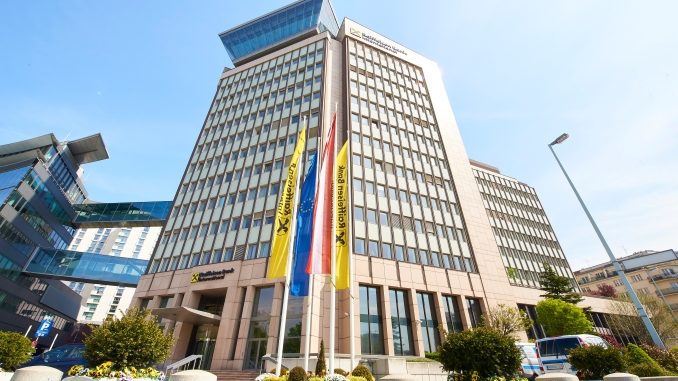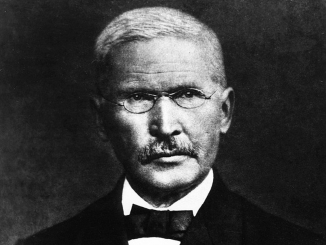
Raiffeisen Bank International (RBI) is preparing to issue an inaugural green senior unsecured benchmark, embarking on a European roadshow today (Friday), in the latest step of a sustainability strategy that, it says, is based on the principles of group’s 19th century namesake.
Raiffeisen Bank International announced on Monday that it has mandated Crédit Agricole as green structuring advisor and Crédit Agricole, DZ Bank, HSBC, ING and Raiffeisen Bank International as joint bookrunners to arrange a European roadshow, after which an inaugural euro green senior unsecured benchmark with a short/intermediate maturity may follow. The roadshow will end on Wednesday.
In its green bond framework, which was published this month, RBI states that it has integrated sustainability measures into its business, based on the principles of the 19th century pioneer from which the group takes its name.
“The underlying principles are derived from the ideas of Friedrich Wilhelm Raiffeisen (pictured) for whom social solidarity, self-help and sustainability were guidelines for economic activity,” it says. “We value sustainable corporate governance and the social responsibility that goes with it.
 “Our role in the economy is characterized by practical responsibility towards our customers, employees, shareholders and society. Sustainability and corporate responsibility are key components of our identity and corporate culture.”
“Our role in the economy is characterized by practical responsibility towards our customers, employees, shareholders and society. Sustainability and corporate responsibility are key components of our identity and corporate culture.”
Proceeds of bonds issued under the green bond framework can in alignment with the UN’s Sustainable Development Goals be used to finance five categories of loans: renewable energy, green buildings, energy efficiency, clean transportation and water management and waste water management.
Sustainalytics has provided a second party opinion on RBI’s green bond framework, confirming its alignment with ICMA’s Green Bond Principles.
Hypo Vorarlberg issued the first Austrian green bank bond last September, a EUR300m five year deal. Kommunalkredit Austria meanwhile issued the country’s first social covered bond, a EUR300m four year issue, in July 2017.
Main photo credit: S Klimpt/RBI



